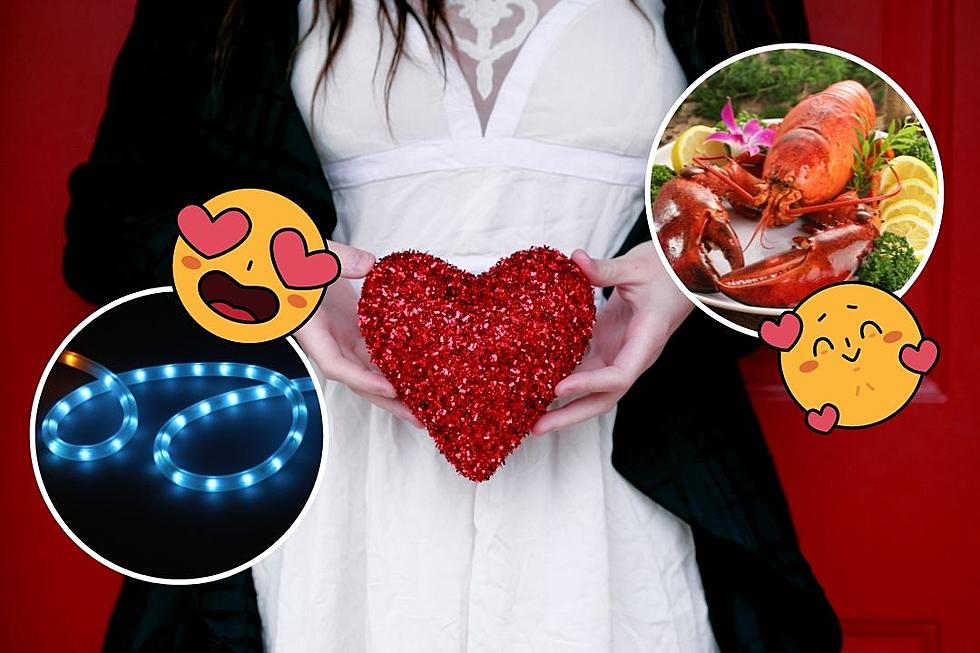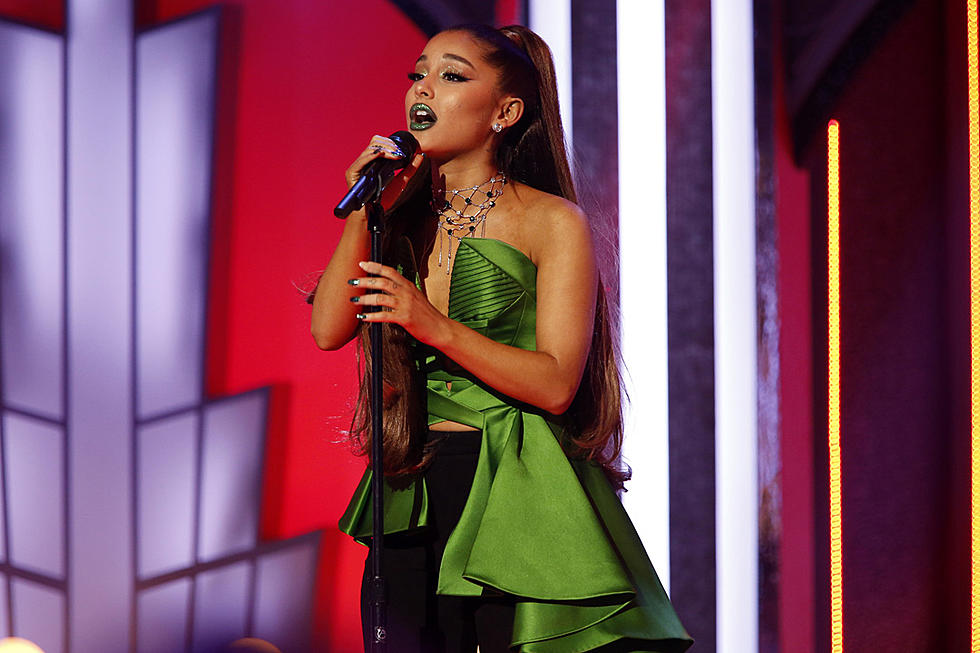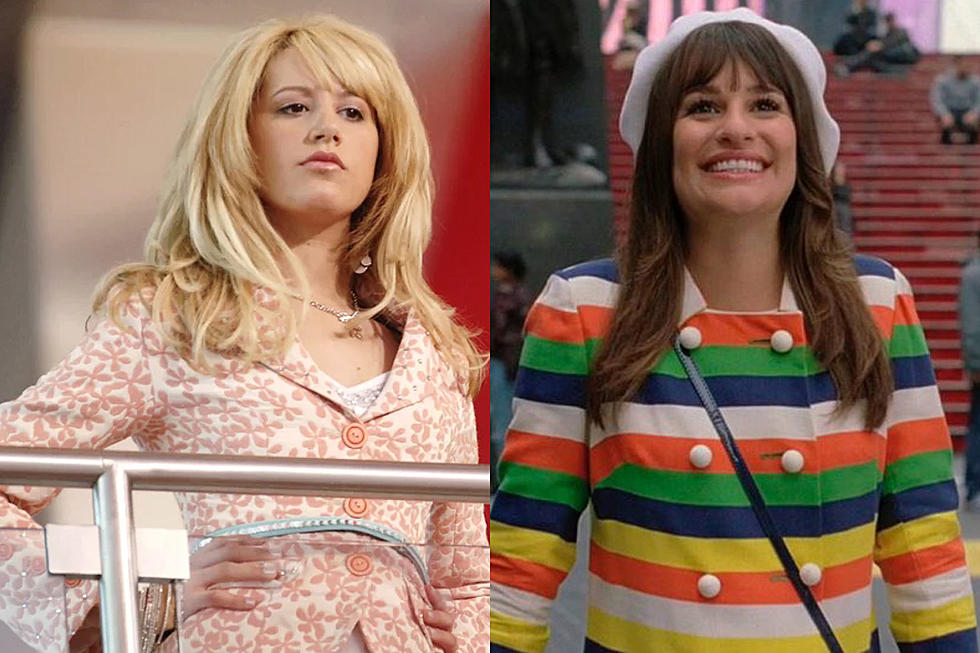
Dissecting the Politics of Lana Del Rey’s ‘Lust for Life’
Back in February, Lana Del Rey tweeted out a cryptic set of dates, prefacing said dates with “at the stroke of midnight” and encouraging fans to scour for ingredients online.
A few days ago, we got confirmation of what we already knew via NME: she tried to place a hex on Donald Trump.
For anyone curious about the tweet, the dates Del Rey tweeted out align with the crescent moon, and the spell calls for a white candle, salt, water, a feather and an unflattering picture of the man himself.
It sounds like something out of an unaired episode of American Horror Story: Coven. As comical as the situation might seem, it belies a change for Del Rey: interaction with the world around her.
Most of Lana Del Rey’s music, spurred forth by slow-burning nostalgia even if the song itself is bolstered by a modern trap beat, is created in the space of the world she’s created; a world of cigarette smoke and bad lovers and Hollywood glamour fading in the pale moonlight.
It’s because of this distance that she became such a polarizing, specific kind of pop star, free of the constraints of the world while making music in her own bubble. Despite her love of Americana imagery, Lana Del Rey thrived in a space that was entirely her own, swearing allegiance to no nation but her own.
And then, the 2016 election.
Pitchfork released an excellent feature with Del Rey last week to coincide with the release of Lust for Life approximately titled “Life, Liberty, and the Pursuit of Happiness.”
A conversation as candid as this one is already cause for celebration, but it’s the things she says that are important: the interview delved into the flak she got for not being a feminist, her refusal to use the American flag due to Trump, and finding ways to dance even when the world is at war.
Despite the interview never once using the word, Lust for Life is Del Rey’s most political record to date: “Coachella-Woodstock In My Mind” is set against the backdrop of both festivals during Korea’s threat to send missiles to the U.S. “God Bless America – And All the Beautiful Women In It” makes use of Lady Liberty Imagery to empower women. “When the World Was At War We Kept Dancing” is an on-the-nose reminder to find spots of joy even in the hopeless context within which we live. “Change” can be read as a message of hope amidst chaos; clinging on despite all the tumult blowing in the wind.
Lana Del Rey has never been one for political statements, or interactions with the outside world. To make her latest record this overt, despite the seeming nonchalance displayed on prior albums, means that things were bad enough for her to come out of her perch at the top of the Hollywood sign and speak up. It means that, despite her best efforts to process all of this in her own world, not even she could stray from making a political record — and that’s more refreshing and useful today than if she kept herself holed up.
Oh, and as for that ritual? Quoth the woman herself: “Yeah, I did it. Why not? Look, I do a lot of s--t."
Breaking Down Lana Del Rey's Classic Rock Influences:
More From Y105










